Prospects for deal in Vienna talks remains unclear over Washington's delay in making political decision: Shamkhani
The secretary of Iran’s Supreme National Security Council says the prospect for reaching a good deal in the ongoing Vienna talks between representatives from the Islamic Republic and the remaining parties to the 2015 deal remains unclear as Washington has yet to make a political decision.
“Prospect of a deal in #ViennaTalks remains unclear due to Washington's delay in making political decision. Priority of Iranian negotiators is to resolve remaining issues that are considered in the red line. Rapid access to a strong deal requires new initiatives from all parties,” Ali Shamkhani wrote in a post published on his Twitter page on Monday.
Prospect of a deal in #ViennaTalks remains unclear due to Washington's delay in making political decision.
— علی شمخانی (@alishamkhani_ir) March 7, 2022
Priority of Iranian negotiators is to resolve remaining issues that are considered in the red line.
Rapid access to a strong deal requires new initiatives from all parties.
Iran’s top security official had earlier stated that securing the interests of the Iranian people was the only factor affecting the course of negotiations in the Austrian capital.
Shamkhani highlighted that Tehran was working on new negotiation initiatives and creative methods to "expedite a solution.”
“Vienna participants act & react based on interests and it's understandable. Our interactions with 4+1 are also solely driven by our people's interests,” Iran’s top security official tweeted.
“Thus, we're assessing new elements that bear on the negotiations and will accordingly seek creative ways to expedite a solution,” he added.
Vienna participants act & react based on interests and it's understandable. Our interactions with 4+1 are also solely driven by our people's interests. Thus, we're assessing new elements that bear on the negotiations and will accordingly seek creative ways to expedite a solution.
— علی شمخانی (@alishamkhani_ir) March 7, 2022
The talks aimed at reviving the 2015 deal, officially known as the Joint Comprehensive Plan of Action (JCPOA), are still underway.
The negotiations began last April on the assumption that the US, under the Biden administration, is willing to repeal the so-called maximum pressure policy pursued by former president Donald Trump.
Tehran says it won’t settle for anything less than the removal of all US sanctions in a verifiable manner. It also wants guarantees that Washington would not abandon the agreement again.
The United States left the JCPOA in 2018 and began to implement what it called the “maximum pressure” campaign of sanctions against the Islamic Republic, depriving the country of the economic benefits of the agreement, including the removal of sanctions, for which Iran had agreed to certain caps on its nuclear activities.
In the meantime, the other parties to the deal, in particular France, Britain and Germany, only paid lip service to safeguarding Iran’s economic dividends as promised under the JCPOA, prompting Iran – after an entire year of “strategic patience” – to reduce its nuclear obligations in a legal move under the deal.
'Gaza has won': Social media users react to ceasefire with mix of relief, joy
Iran seeks South Korea’s assistance for AI, fiber-optic projects
VIDEO | Iran's 'Eqtedar' (Power) maneuver
Israel hits HTS military target in Syria for 1st time since fall of Assad
VIDEO | Press TV's news headlines
Israel has slaughtered 13,000 students in Gaza, West Bank
VIDEO | More Zionist than Zionists: Biden’s legacy to be defined by Gaza genocide
Hamas confirms handing approval of Gaza ceasefire deal to mediators


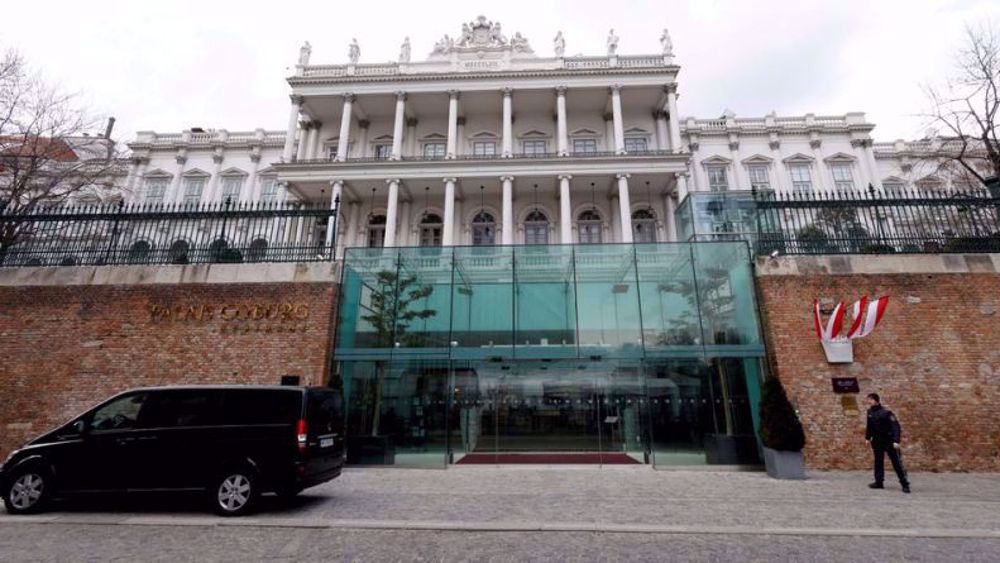
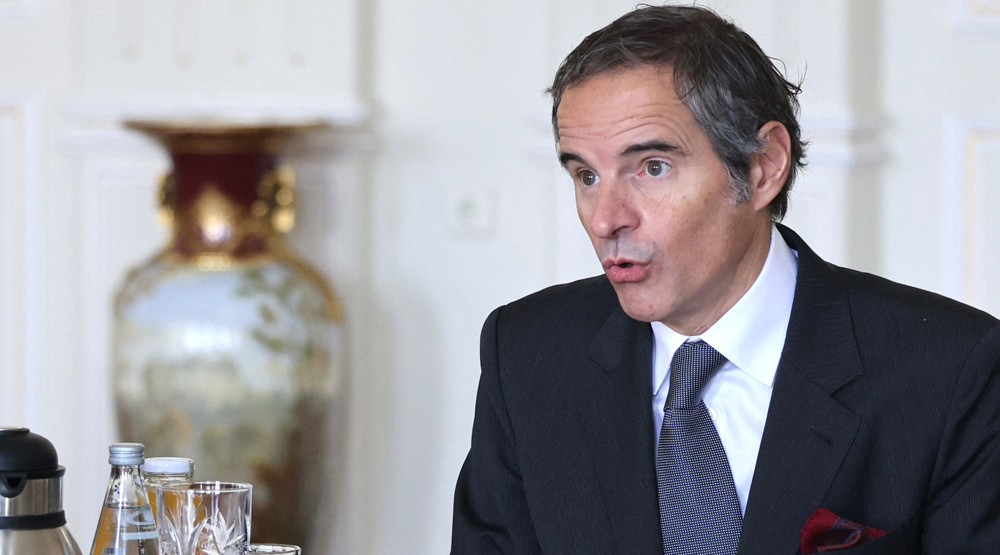
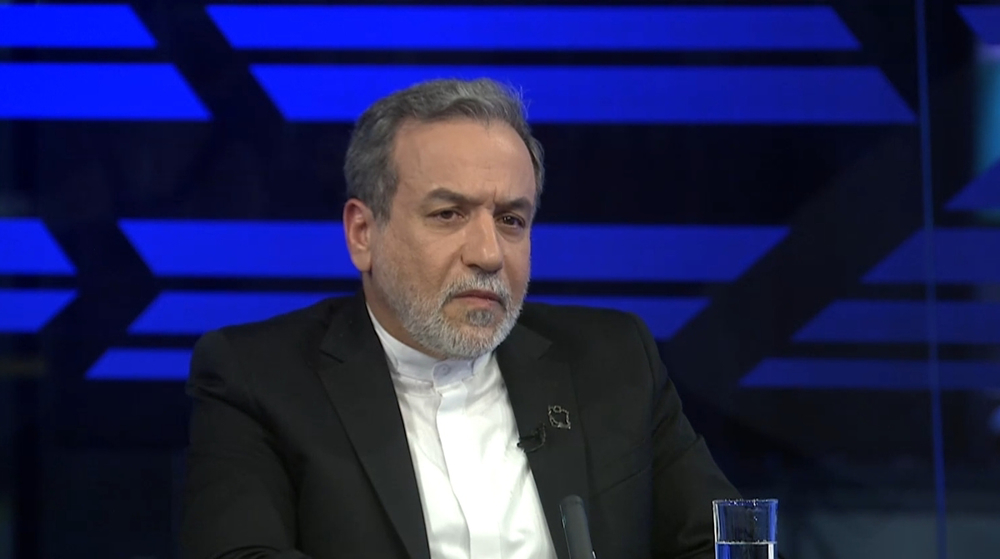

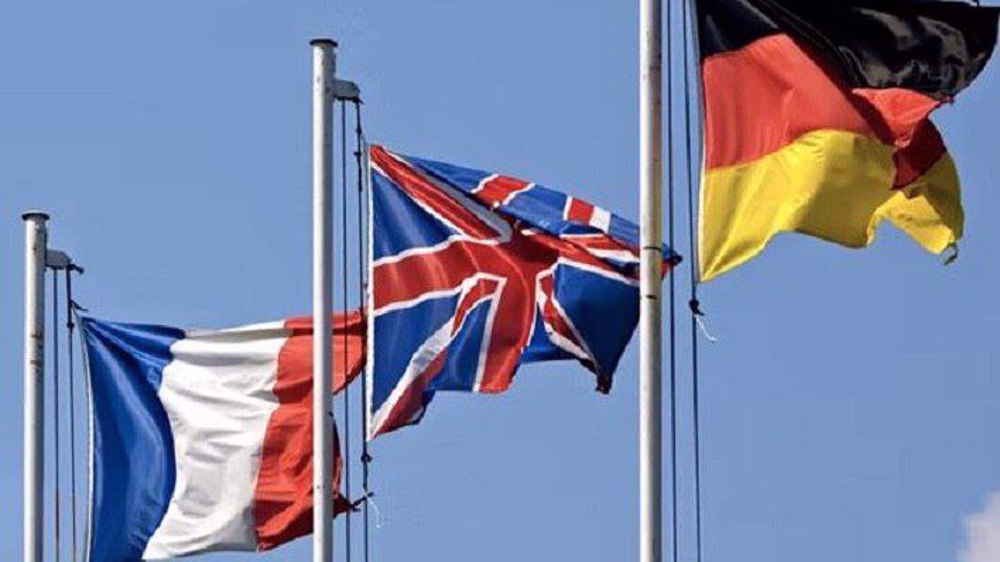



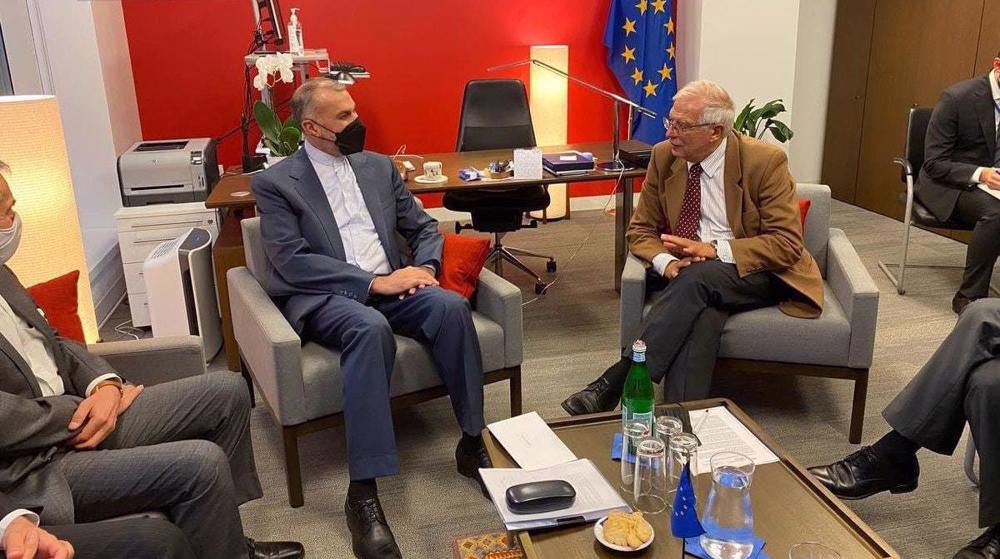
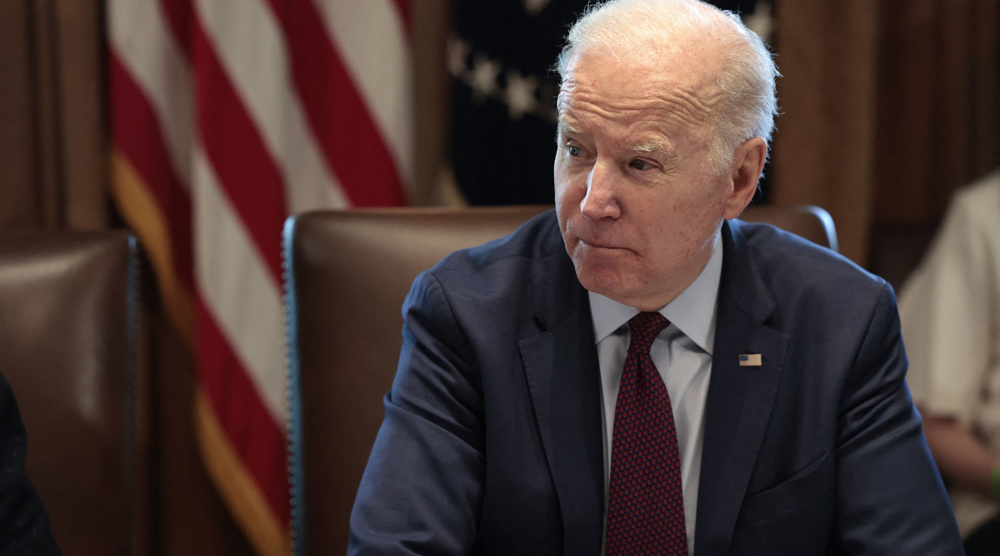
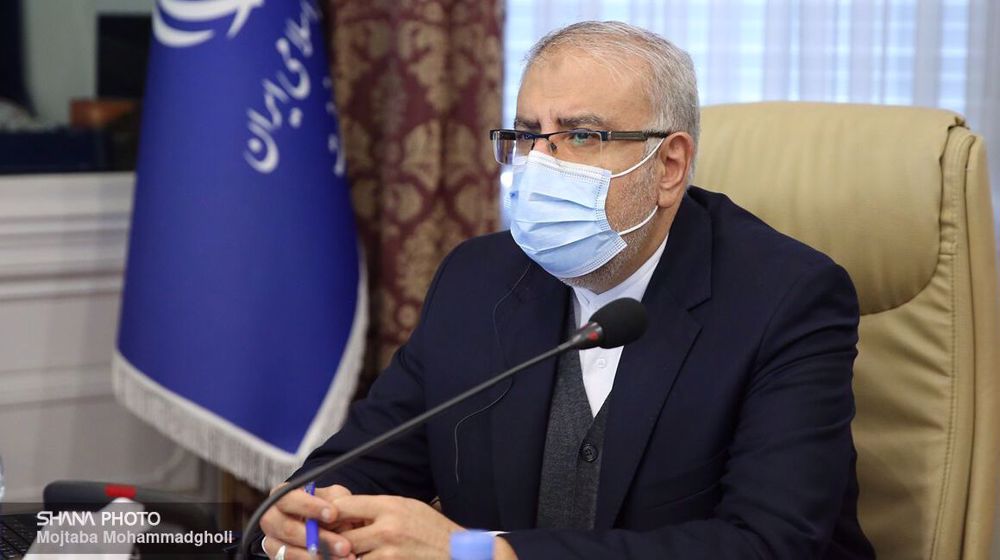
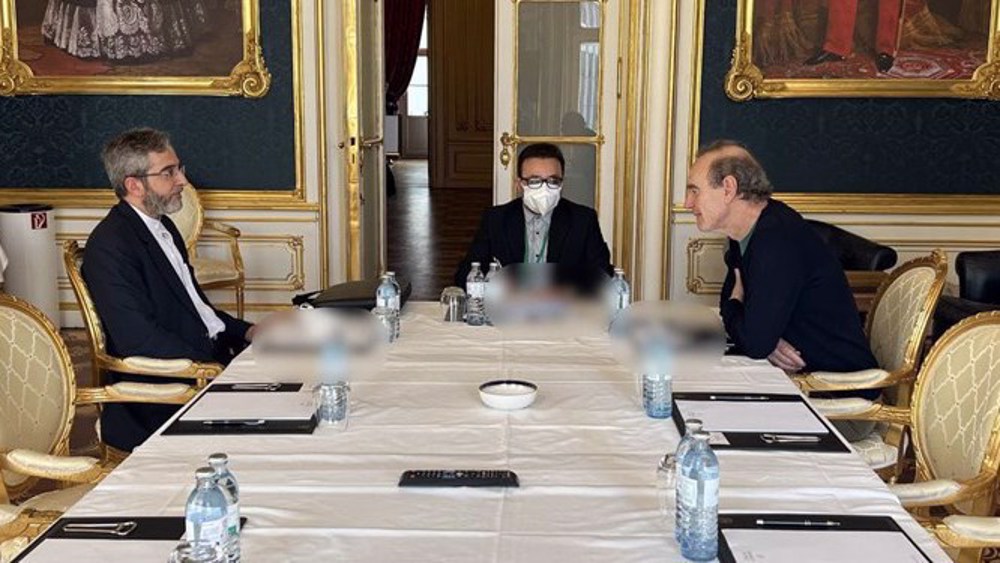
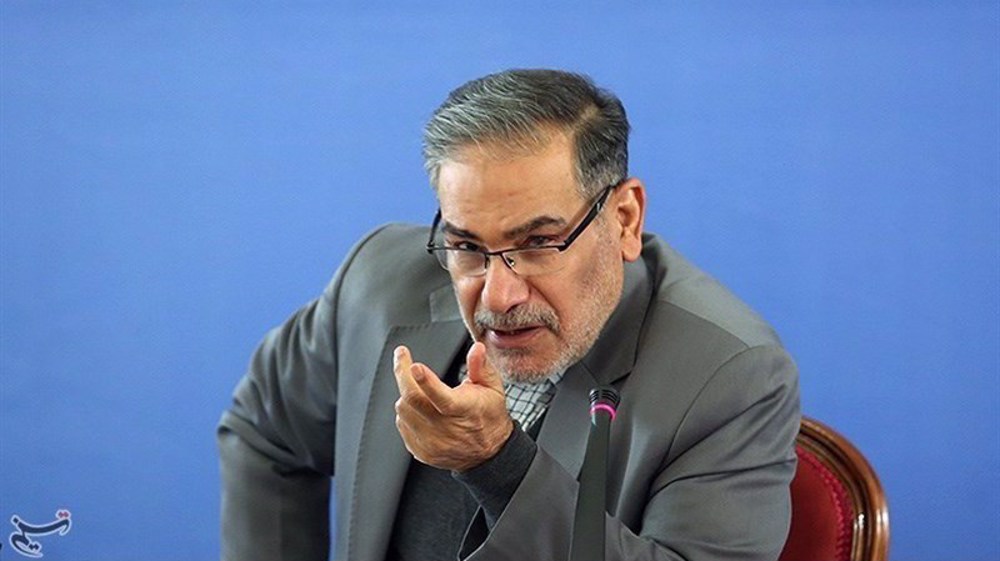
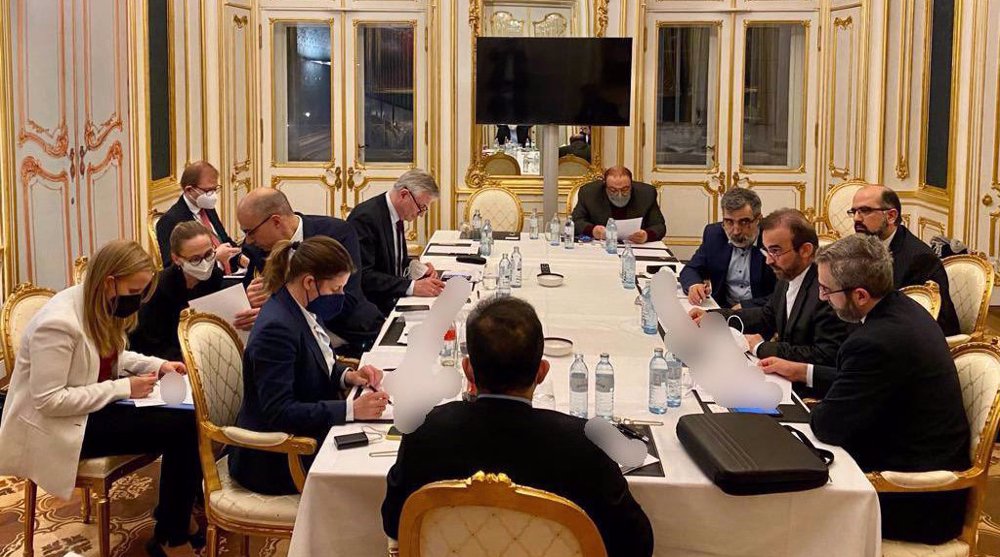
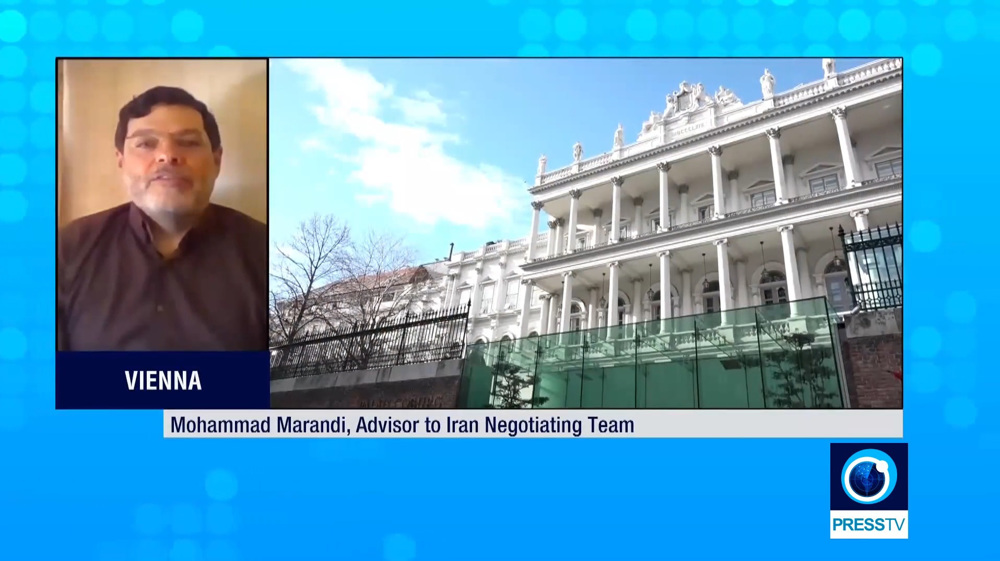
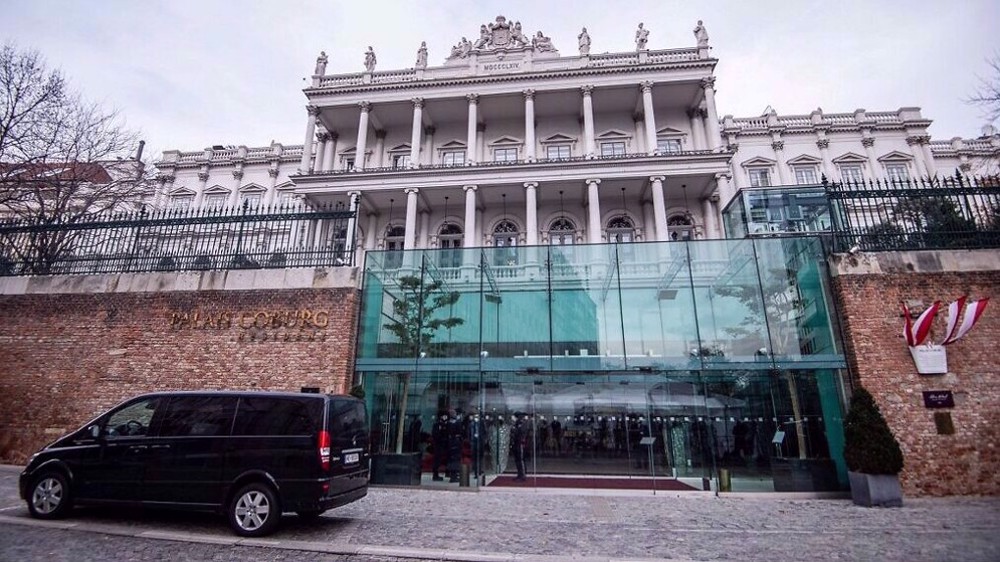

 This makes it easy to access the Press TV website
This makes it easy to access the Press TV website